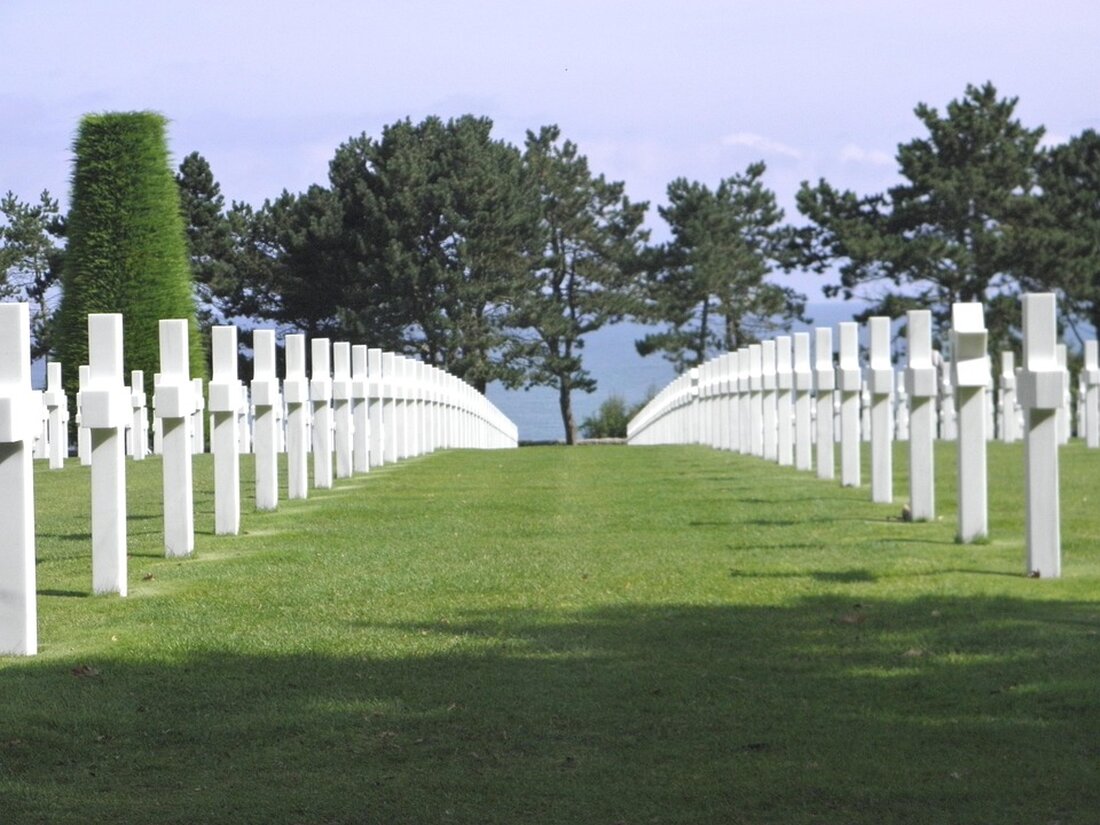95-year-old wants to die in North Korea, South Korea won't let him
A 95-year-old veteran captured during the Korean War is fighting to return to North Korea to be buried. However, South Korea denies him access.

95-year-old wants to die in North Korea, South Korea won't let him
Paju, South Korea-the 95-year-old Ahn Hak-Sop, who captured during the Korean War and sat in prison for decades because he did not want to give up his political beliefs, has one last wish: he wants to return to North Korea and be buried next to his comrades.
A life in resistance
Ahn spent most of his life resisting what he describes as the American “occupation” of South Korea. He first served as a soldier in the North Korean army and later as a dissident in the country that captured him. His refusal to give up his unwavering support for North Korea led to Ahn spending over four decades in prison.
The last wish
Now frail and confined to a wheelchair, Ahn tells CNN he longs to travel to North Korea one last time and be laid to rest in the country that shaped his life. On Wednesday, Ahn made his way to a bridge leading to the Korean Peninsula's demilitarized zone (DMZ) and asked for permission to cross the border.
Missed opportunity
Hours later, surrounded by security forces and protesters who asked the South Korean authorities to allow him to cross, ancestor was refused to access the land route to North Korea. The rejection hit him hard. "I miss the north, that's unbearable," he said, holding a North Korean flag. "I want to be buried in the open country."
The political hurdles
The South Korean government has banned individuals from making unauthorized contacts with North Korea. Civilians are prohibited from accessing the heavily fortified DMZ. The 1950 to 1953 Korean War ended with an armistice, not a peace treaty, meaning that North and South Korea are technically still at war.
The path of a dissident
Ahn, born in 1930 on the island of Ganghwa during the brutal colonial rule of Japan over the Korean peninsula grew up in troubled times. After the end of the Second World War, he felt revealed by General Douglas Macarthur's proclamation, which Korea put under American military control. "So I found that we were not liberated," he said, explaining his resistance to the United States.
Today and future
Ahn is one of only six remaining long-term independent prisoners in South Korea who recently asked to return to North Korea. The South Korean government is currently considering "various options from a humanitarian perspective," a Ministry of Unification official said, with any decision requiring Pyongyang's cooperation. But despite the hurdles, Ahn remains determined. “I am determined to return to the place of my ideology, my life begins in the DPRK,” he said.
A life in exile
Today Ahn lives in a modest home in Yonggang-ri, just a few kilometers from the North Korean border. In order to make ends meet, he relies on government social benefits for people with low incomes and the support of friends. The walls of his home are decorated with faded photographs and North Korean posters, reminders of an ideology that shaped his life. “It would be too much to be buried in a colony even after death,” he says.
fate and hope
The Union Bridge, which spans the Imjin River in Paju, was a ceremonial transition point for summit meetings and family reunions for a long time. On Wednesday she became a stage of ancestor of the latest conflict with the South Korean government, which blocked its access due to national security laws. For Ahn, the refusal underlines to allow him to return to what he believes for almost 80 years: his fate is not anchored in reconciliation, but in permanent division.
“I am determined to return to the homeland of my ideology,” says Ahn. “DPRK, the beginning of my life.”

 Suche
Suche
